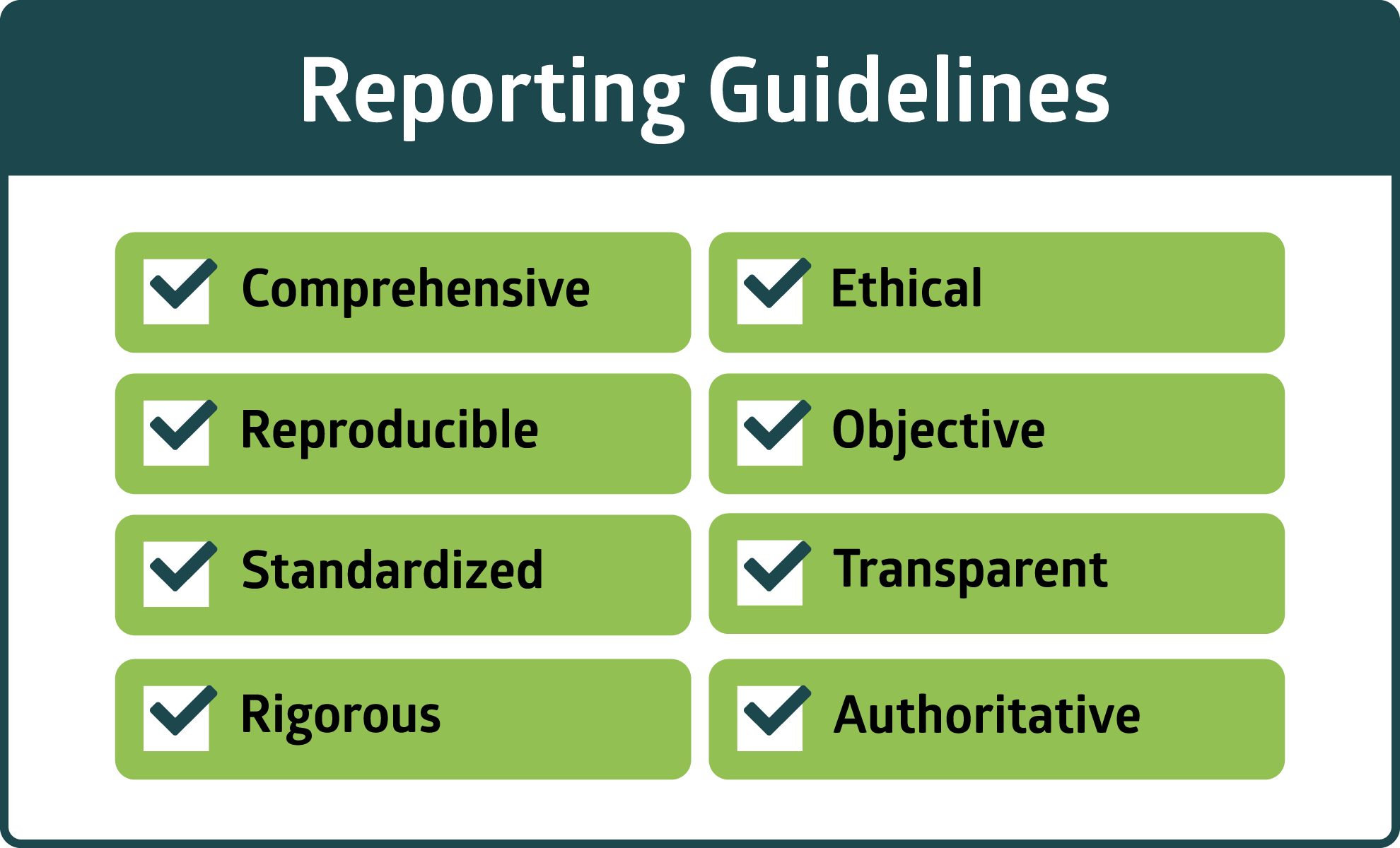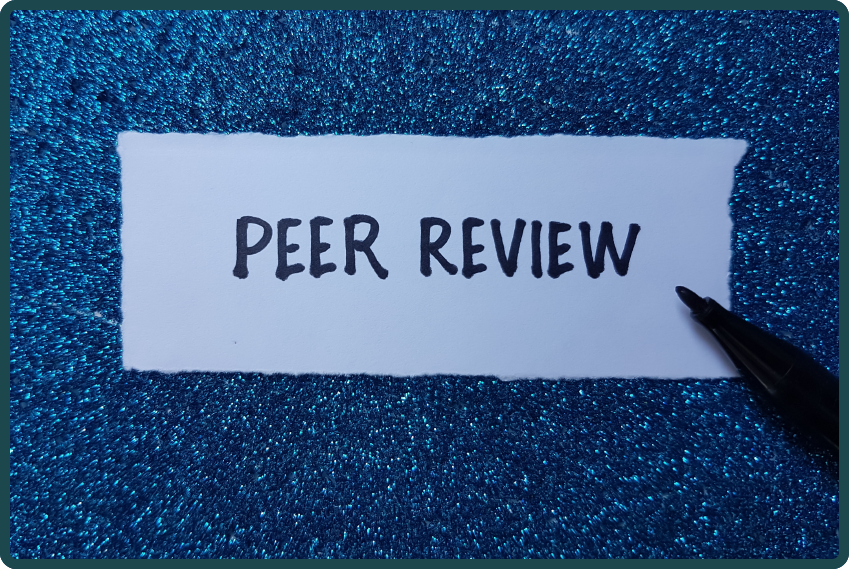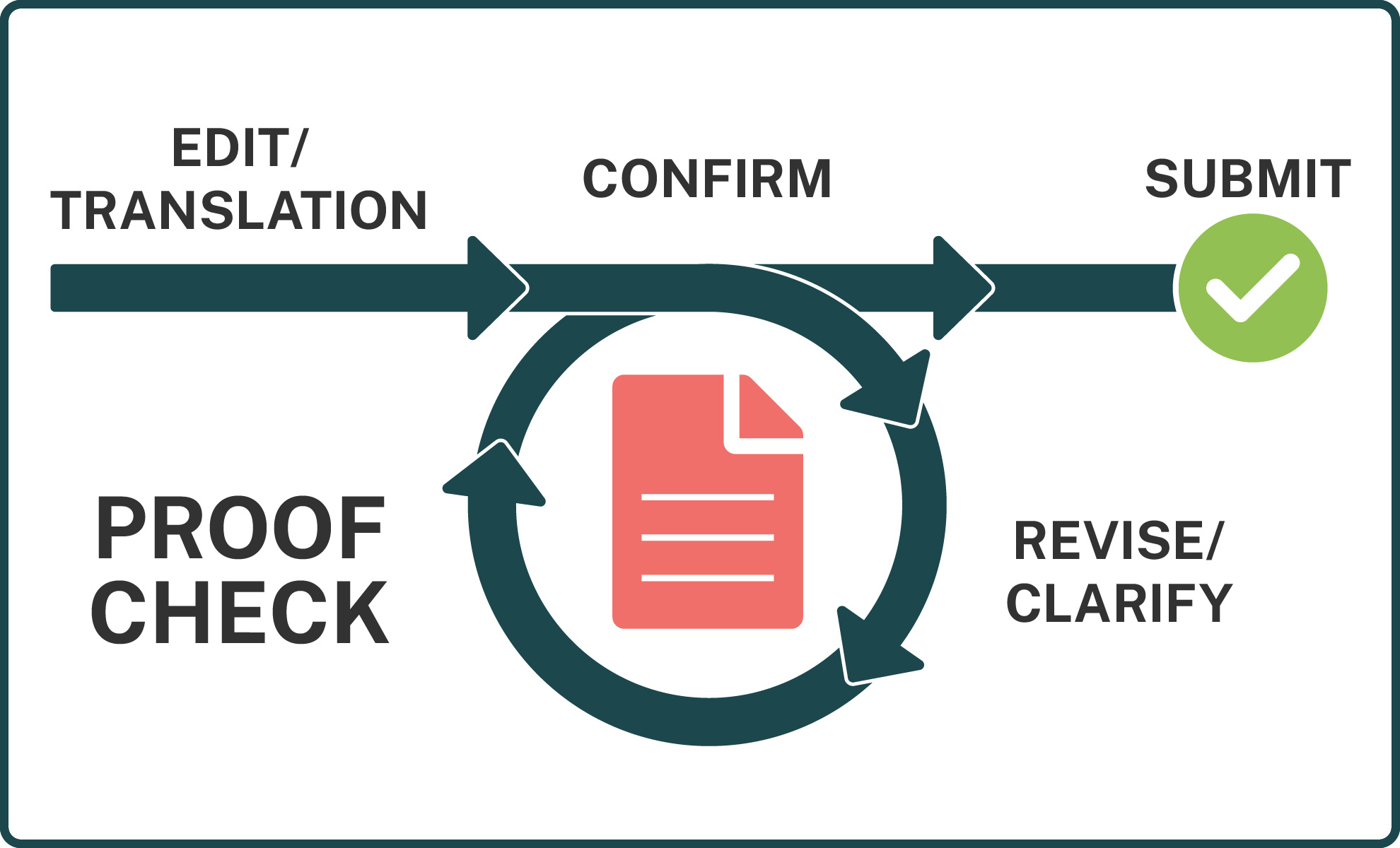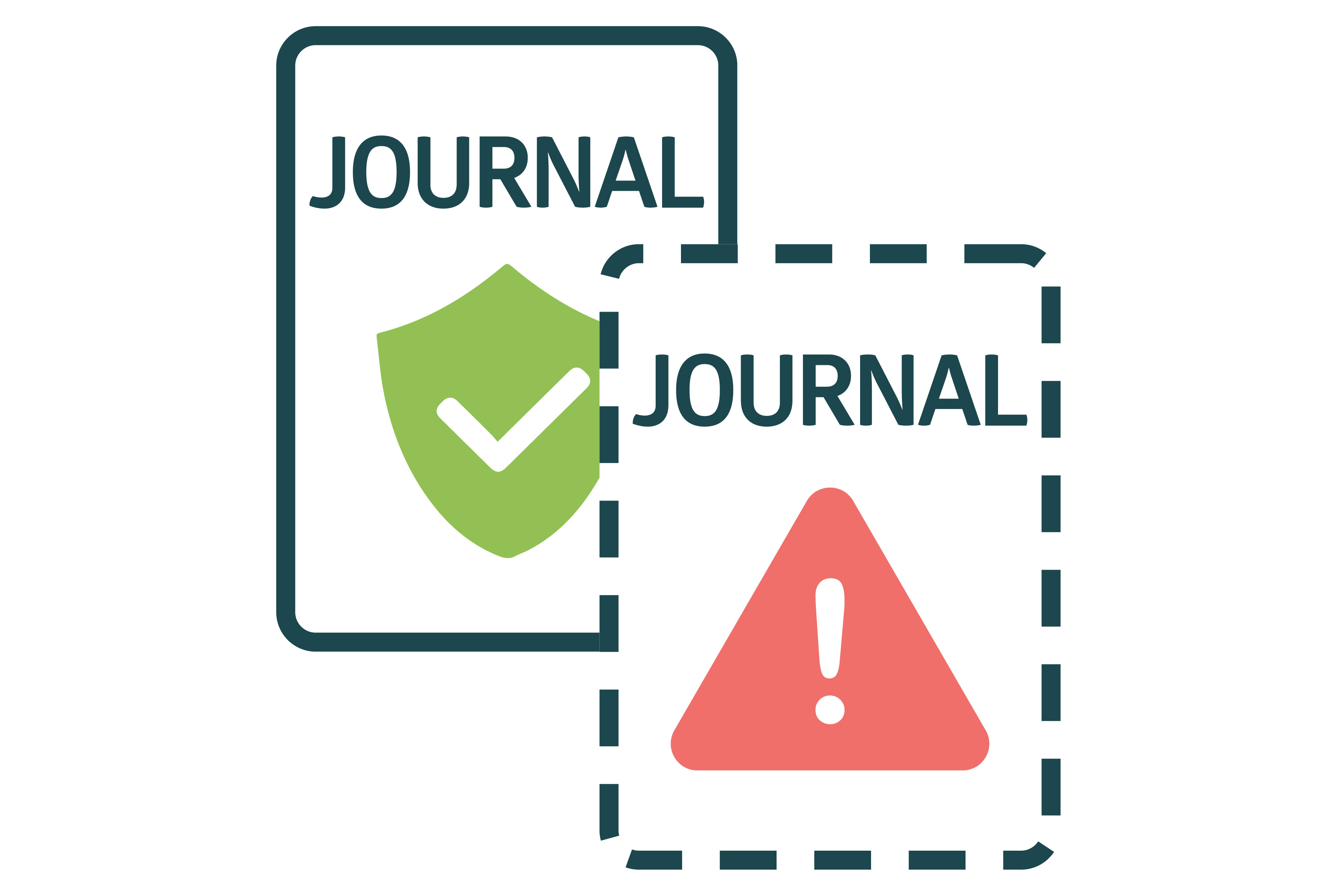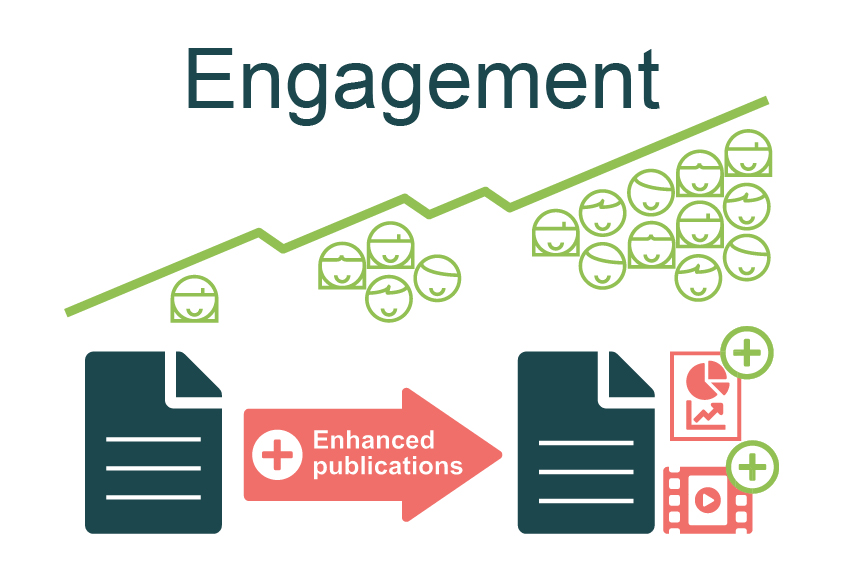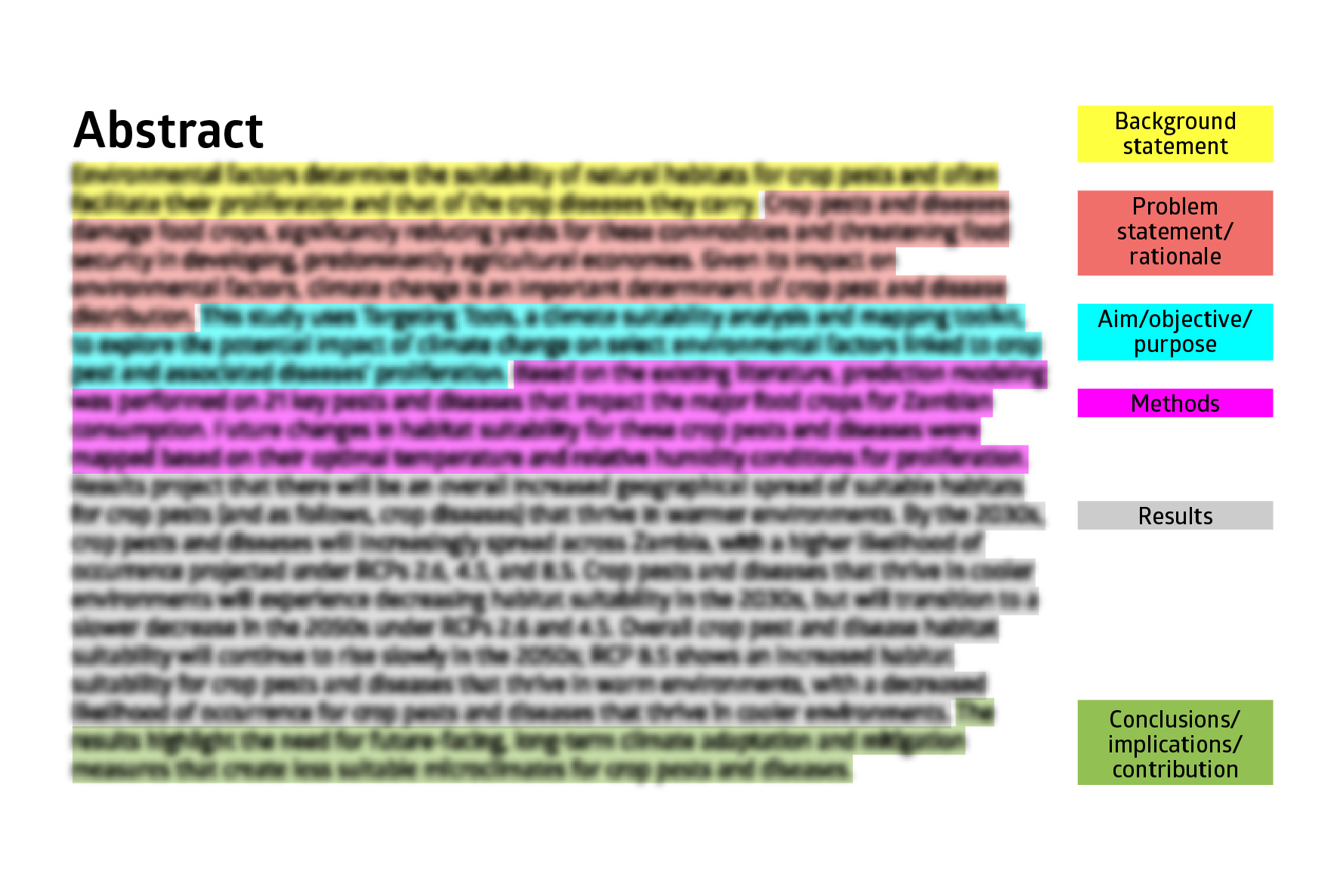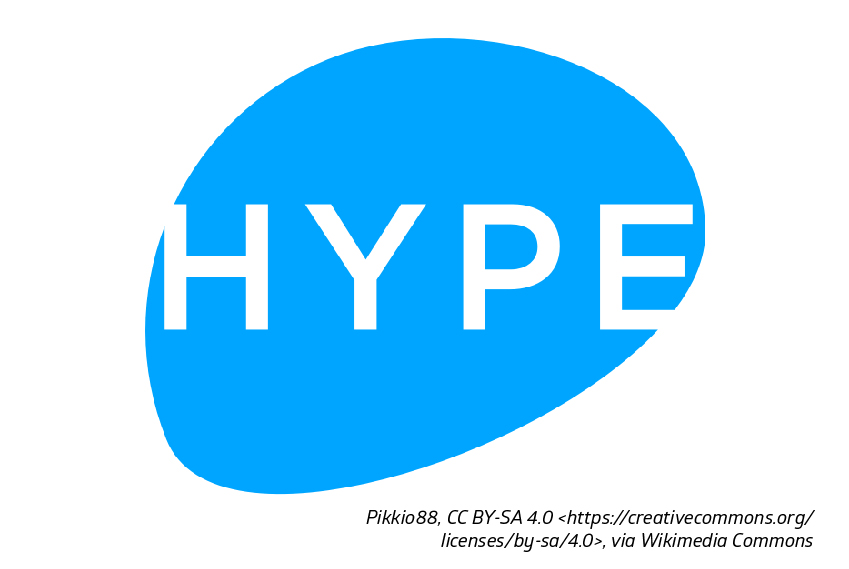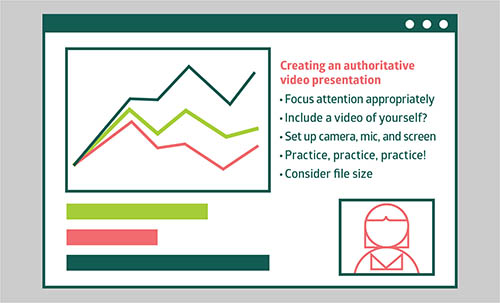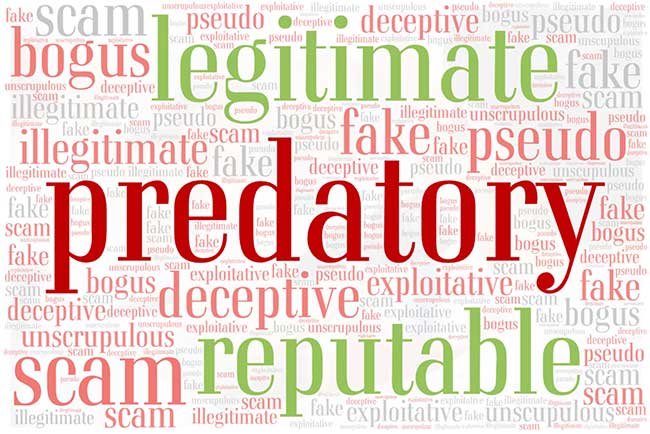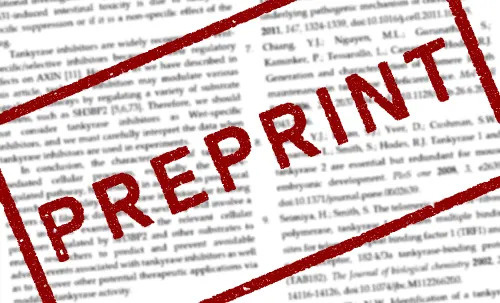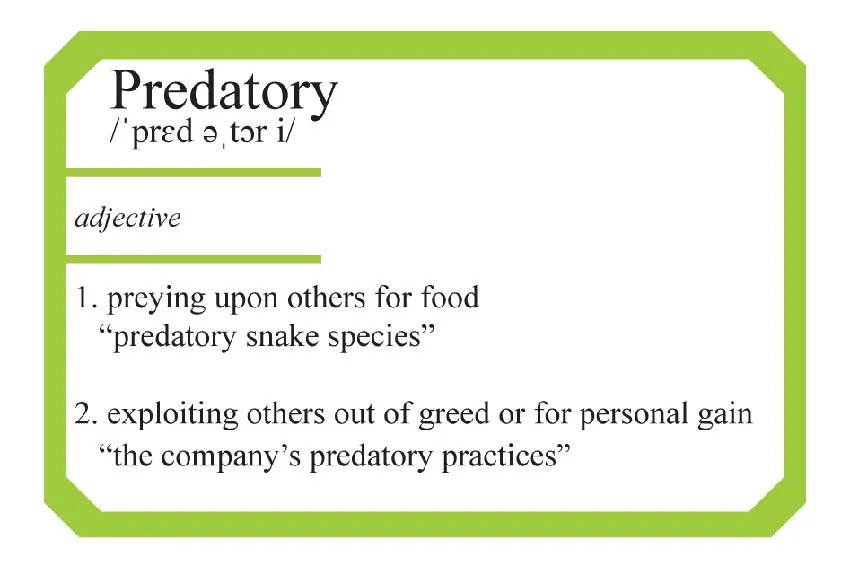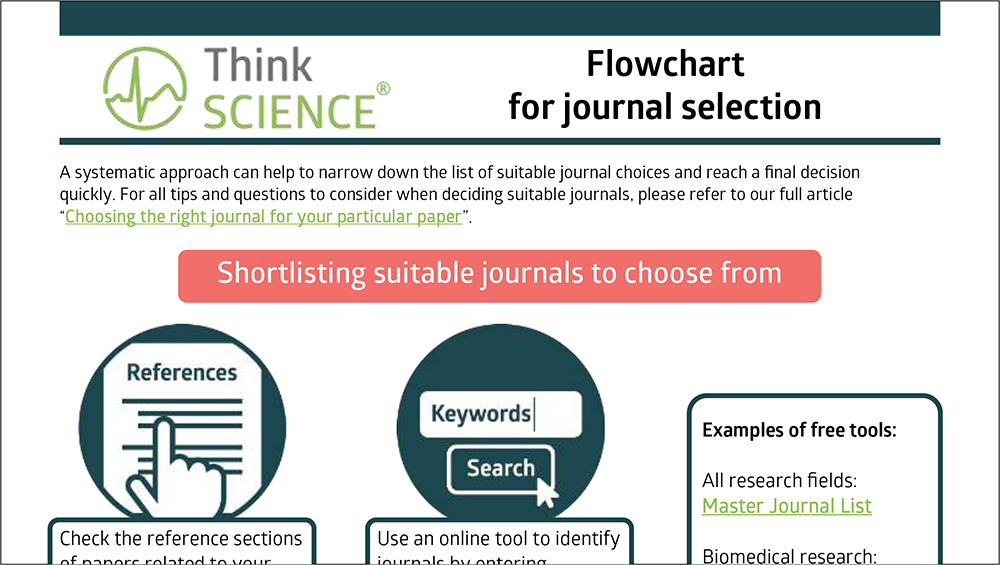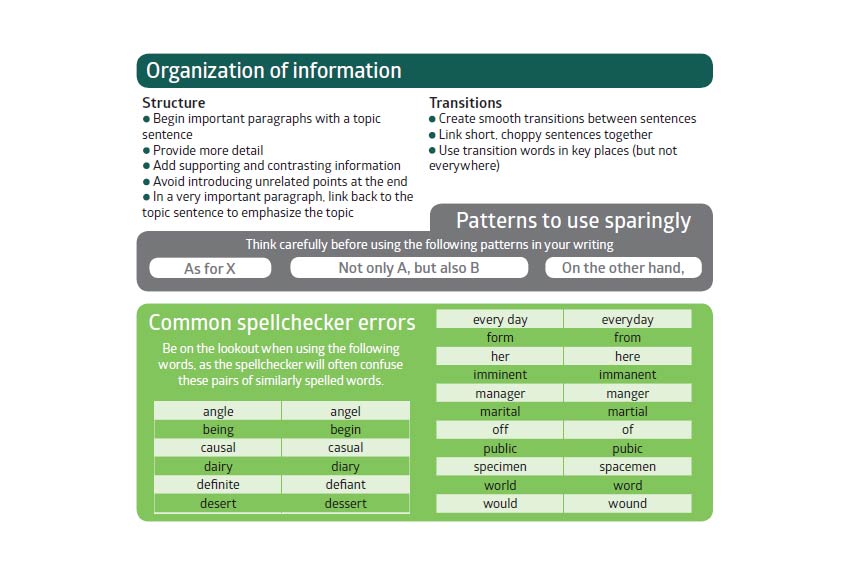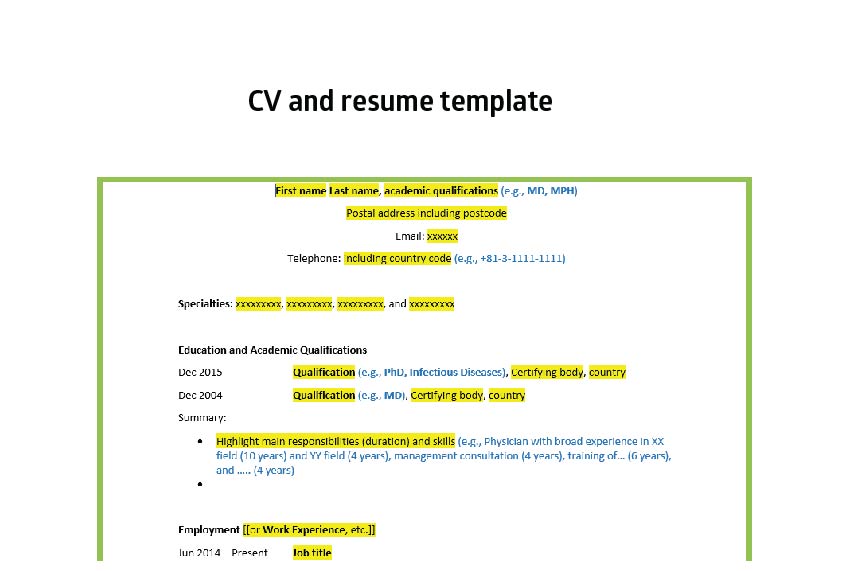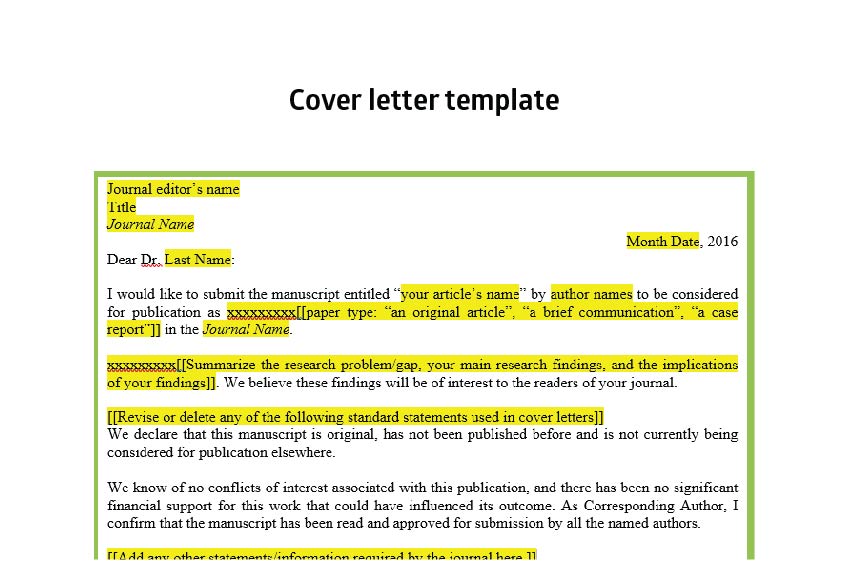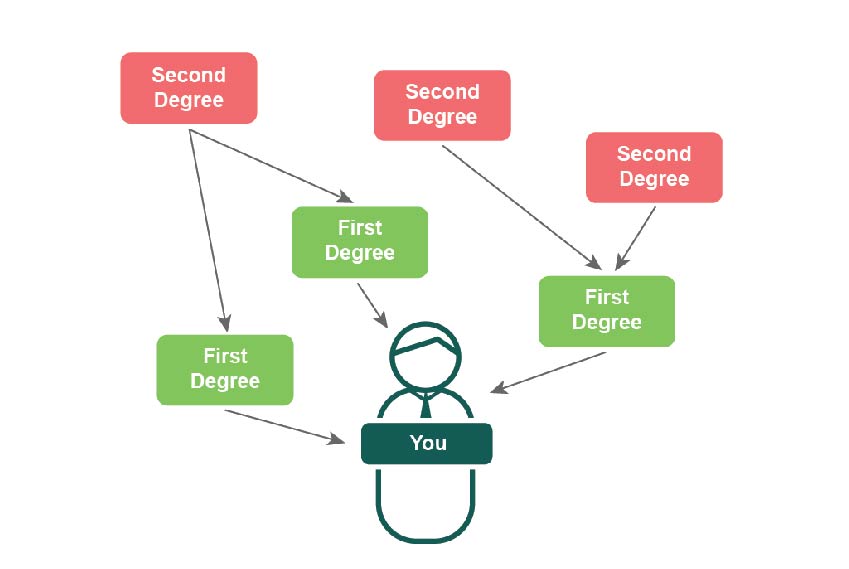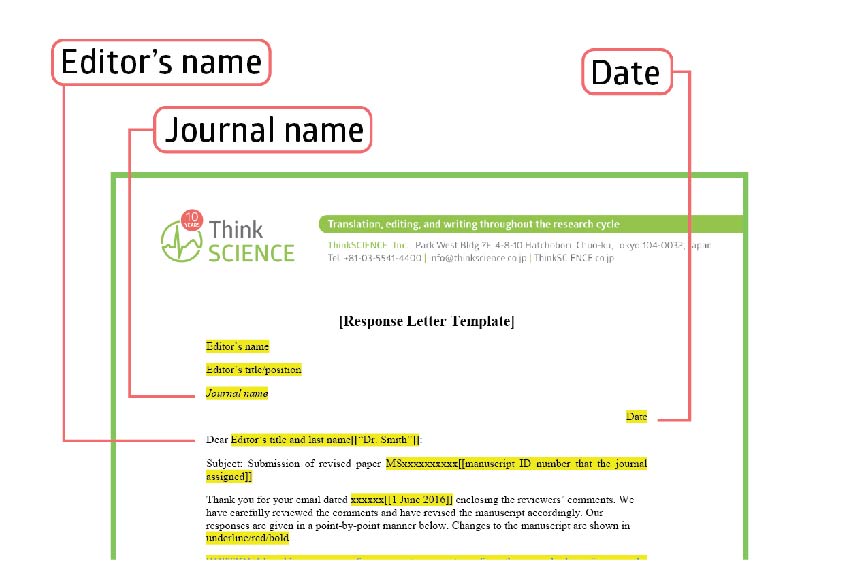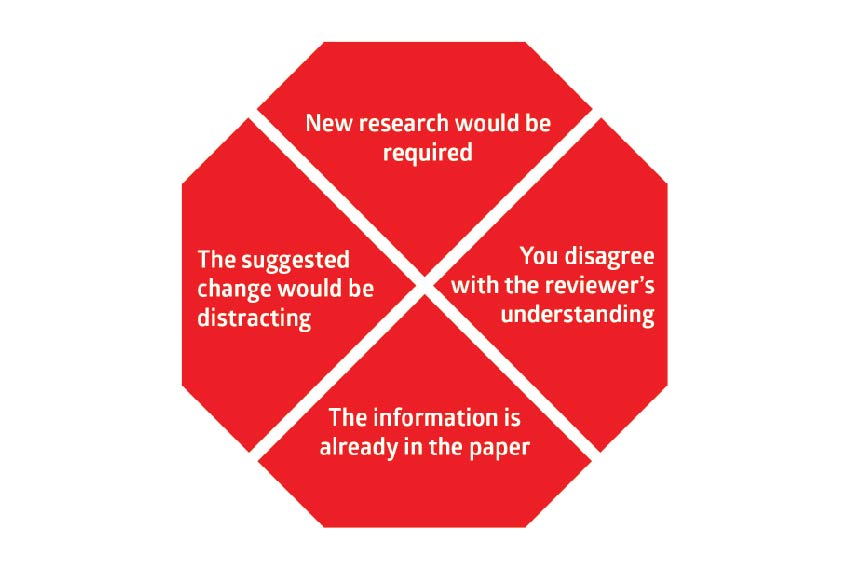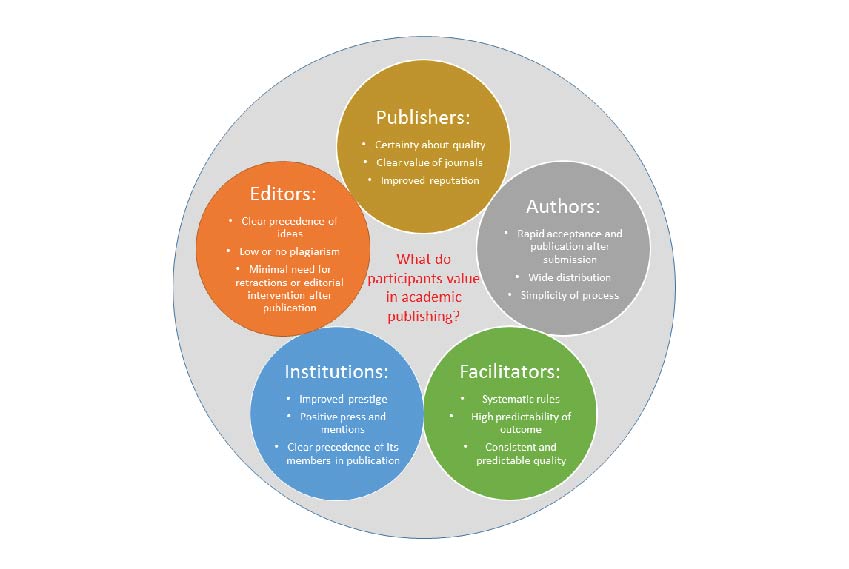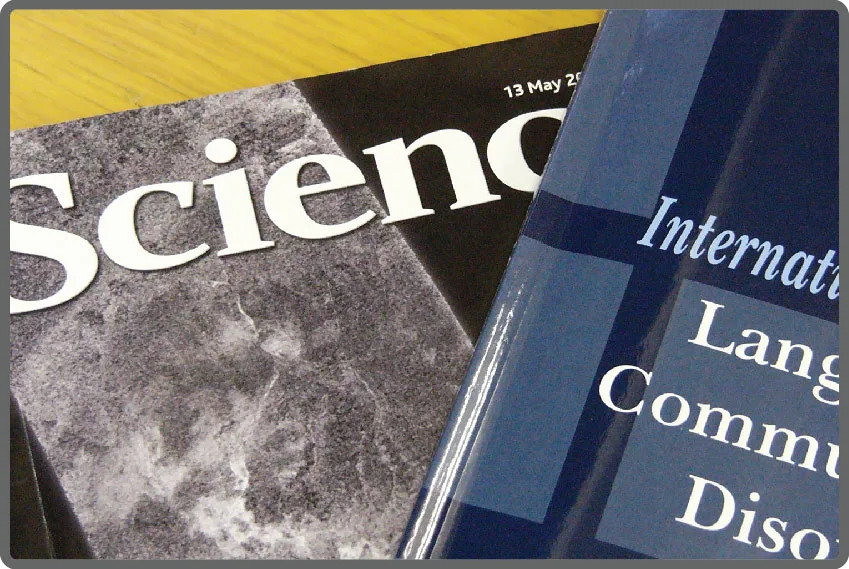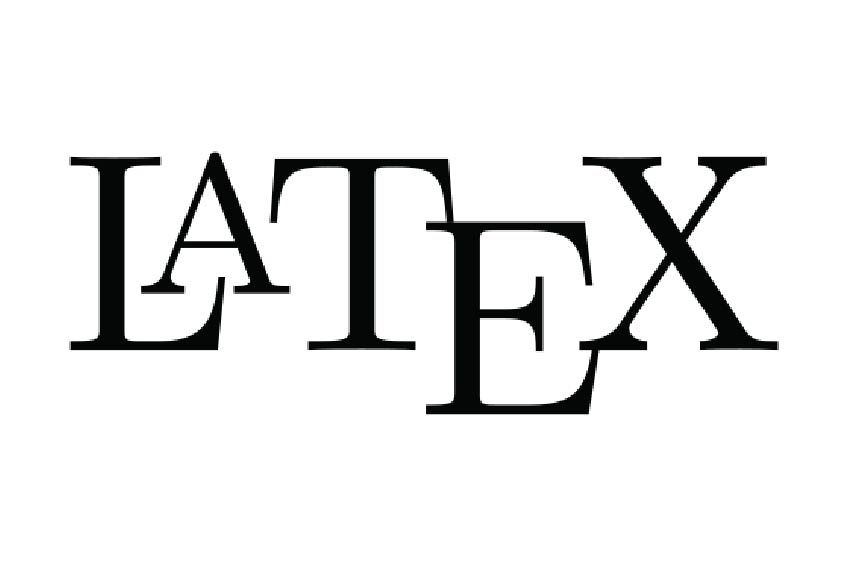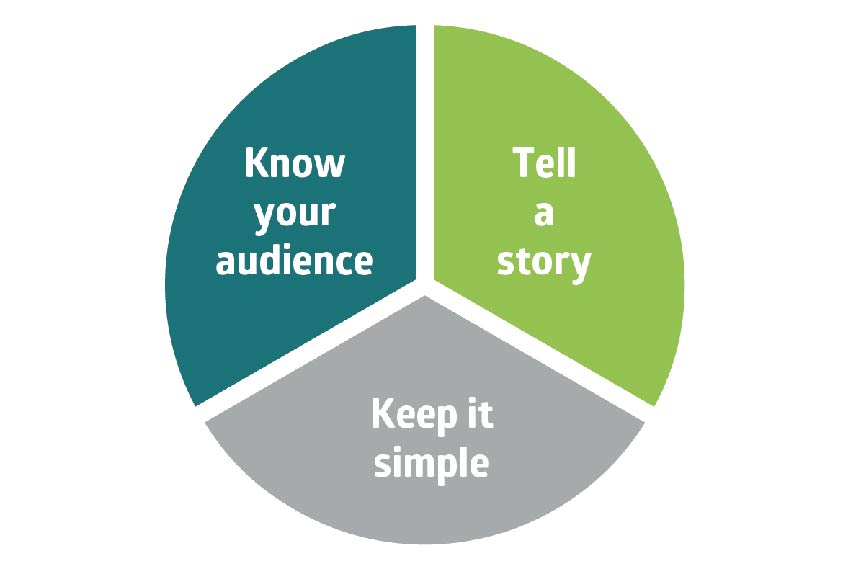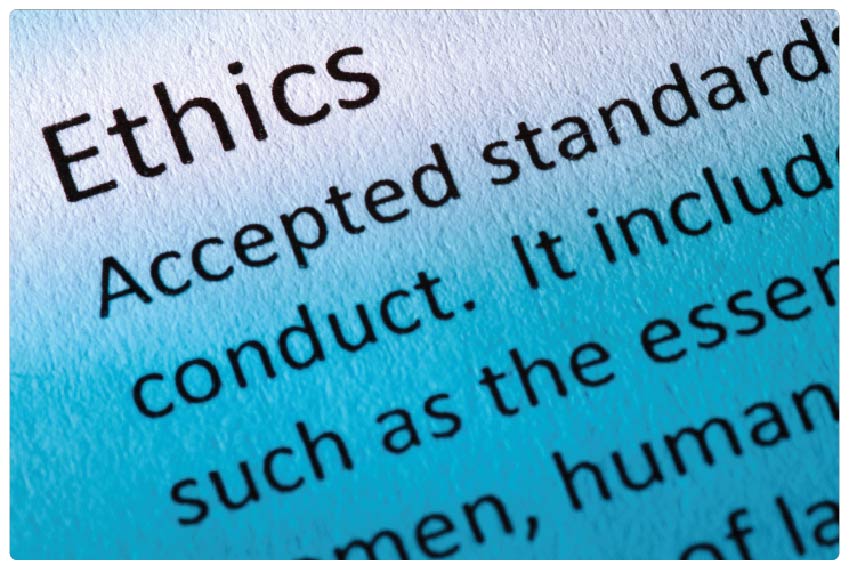- Tel: +81-3-5541-4400 (Monday–Friday, 09:30–18:00)
- Tel: +81-3-5541-4400
(Monday–Friday, 09:30–18:00)
Supporting you to write, publish, and
present your work
Latest resource
Reporting guidelines: When to use them and why
In academic research, clear, transparent reporting is essential to ensure that studies can be accurately evaluated and replicated. To this end, an increasing number of specialized reporting guidelines have been made available to authors, covering a wide range of fields and types of studies. These guidelines, often structured as checklists, provide a standardized format for researchers to present their methodologies, data, and results...
Other resources
How to write effective peer review comments: Some key points and a checklist
Peer review plays a crucial role in academic publishing, serving as an essential check on research quality and integrity. As a reviewer, your feedback not only helps shape the manuscript for publication but also guides authors in improving their work. Thoughtful, well-organized comments make the process more effective and ensure that an authors’ paper can fully benefit from your review. Researchers who are selected as peer reviewers are given a unique responsibility, and this can be a daunting task, especially if ...
LATEST NEWS: STM has launched a new study to map how publishers are working to protect research integrity. See details.
Everything you need to know about proof checks
High-quality editing and translation may require some communication between the author and the editor or translation team (translator + editor). When the authors read the first edit or translation of their manuscript, they may want their editor or translator to look again at some specific parts of the text. This will be done during another cycle of checking and revising the text, known as a “proof check”. Not all authors will need a proof check, but some who make changes...
Poster presentations: Tips for sharing your research and connecting with fellow researchers
For researchers, bringing attention to your work, sharing and discussing your results with others, and keeping up to date with the latest developments in your field are ever-important challenges. Nowadays, many researchers share their work via social media using infographics, videos, and other forms of enhanced publications, but the benefits of more traditional methods of discussing your work in-person, such as at conferences, should not be underestimated...
Tips for identifying and avoiding hijacked journals
From spam emails to Twitter (now X) bots impersonating politicians and celebrities, the Internet is rife with bad actors, and it is important to exercise a certain level of caution in our online interactions. The same is true in the academic publishing world as well. In some cases, journals may not always be what they appear. In this article, we offer some practical tips on how you can avoid publishing in “highjacked” journals (also known as "cloned" journals), where...
How can “enhanced publications” improve your research impact?
As authors, we are operating in a highly competitive environment where we want our research findings to have the most impact they can. By impact, we mean getting people’s attention on our research so that we can communicate our findings to them. Traditionally, this has meant attracting readers’ attention by writing clear and effective abstracts for research papers published in scholarly journals or conference proceedings or posted on preprint servers...
How to write an effective abstract: Tips and conventions to follow
As researchers, it is critical for us to master how to summarize our work in a clear, concise, and accurate manner. This applies not only to how we describe our research when speaking with others, but also to how we summarize it for readers in research papers and other documents...
Hyped up? A look at promotional language in scientific and medical writing
When you think of scientific and medical writing, what words come to mind? Perhaps, “objective,” “informative,” “dispassionate,” “clinical,” or “neutral”? But what words did you use when writing your latest grant application or paper? Did you describe your research as “novel,” “important,” or even “groundbreaking”?
Tips and cautions for presenting at virtual conferences and meetings:
Creating engaging and authoritative video presentations
Virtual conferences and meetings are not a new phenomenon, and some of us were already familiar with sharing and discussing our research this way before the COVID-19 pandemic forced cancellations or postponements of in-person events or shifts to virtual events. Still, a great many of us have recently had to take crash courses in learning how to use various video conferencing platforms and tools in order to prepare and give presentations at virtual events.
5 questions and answers about ORCID iD: Distinguishing yourself as a researcher
As researchers, we work toward various goals, such as improving patient care, curing diseases, advancing technology, exploring nature, and developing theories and ideas to make sense of our world. In these efforts, it is important that researchers receive recognition for their work and control their professional information. However, controlling your identity and information is not always easy. Perhaps you have a common name, your name has changed after marriage, or your name is displayed differently across various publications, websites, and other systems.
8 questions and answers about predatory journals: Protecting your research, reputation, and funding from theft and fraud
We first wrote about predatory journals as a serious threat to the scholarly community in July 2015 and about the emerging problem of predatory conferences in July 2017. Although there is now greater awareness that such journals and conferences exist and there are more resources available to help identify them, it can still be difficult for authors to distinguish predatory journals and events from reputable ones.
Preprints: What you need to know before posting your work
A preprint is an academic manuscript that has been shared publicly via an open-access platform but has not been formally peer reviewed. Preprints have long been used in the physical sciences to propose ideas, announce results quickly, and gain feedback from fellow researchers to develop the work further. In recent years, preprints have started appearing in other disciplines, including the life sciences, social sciences, medicine and healthcare, education, and law.
How to avoid predatory conferences
Presenting at a prestigious conference is a good way to share your research and raise your profile in the academic community. But there is a growing problem to look out for—predatory conferences. Much like predatory journals, predatory conferences seek to obtain research funds while providing little of value in return. These conferences lack rigorous academic standards and are typically poorly organized. Attending a predatory conferencef is a waste of research funds, and organizing one can harm your reputation.
In this article, we give an overview of legitimate and predatory conferences, followed by warning signs that a conference or conference organizer might be predatory.
In this article, we give an overview of legitimate and predatory conferences, followed by warning signs that a conference or conference organizer might be predatory.
2 key questions to ask when publishing outside your native language
Nowadays, English is the primary language of academic publishing for many topics of international interest. Nevertheless, English is not the preferred language for some topics (e.g., French is still an important language for mathematical analysis, and Russian-language articles on cybersecurity are sometimes at the forefront of research), and many national and regional journals and conferences publish articles in languages other than English. Because of this, all researchers may want to publish outside of their native language at some time in their careers.
How to handle difficult Q&A moments with confidence and professionalism
During Q&A, do you worry about being able to answer all of the audience's questions about your research with confidence and professionalism? If so, you're definitely not alone. Even experienced presenters can feel nervous about handling the Q&A session well—it's not always possible to anticipate the questions that will be asked or the direction that Q&A will take.
Choosing the right journal for your paper: A flowchart and tips
When we want to submit a research paper for publication, the top-tier journals in our specialist field are usually the first that come to mind. However, these journals don't always fit our publication goals or the content of the paper. We all know that submitting a manuscript to an unsuitable journal can mean our manuscript is rejected before peer review. So, how can we make a final suitable choice for our particular paper as quickly and easily as possible?
5 strategies for writing simply: Focusing on ideas first
In school, native and non-native speakers of English are encouraged to use more "sophisticated" written English to reflect their growing proficiency in the language. However, using simpler English can help us to clearly express complex ideas and arguments in our research, which helps our specialist readers at various levels of English proficiency to understand. Learn some tips for making your writing simpler without sacrificing understanding of your ideas.
Publishing high-impact findings quickly
High-impact, important research findings often deserve to be shared rapidly, and we can opt to write a brief, short, or rapid communications article to do this. What are the advantages of sharing our results quickly with the community via this type of article instead of sharing them via a conference presentation, uploading a paper to a pre-print server, or writing a longer original article?
Writing naturally in English: Strategies for authors writing in a second language
A big challenge for authors writing in a second language is that the writing can still lack the feel of a native speaker's even when the grammar is correct and the meaning is understandable. In this month's article, we describe some specific strategies to help make your English writing sound more natural.
Do's and don'ts of writing an effective CV/resume for international positions
Among the documents needed when applying for international positions, the curriculum vitae (CV) or resume/résumé is usually the first document read during the screening process. This article offers some tips and a template for preparing effective CVs for mid-to-advanced career specialists.
Writing effective cover letters for journal submissions: Tips and a Word template
To help you write effective cover letters—and to write them quickly and easily—in this article we offer some tips on layout and appropriate wording. Also, you can download our template cover letter (Word file) to help you save time writing and help you remember to include standard author statements and other information commonly required by journals.
Another way to assess your research impact: Citation and authorship networks
The impact of individual researchers can be assessed by various methods. Among these, numerical methods are popular because they are straightforward to calculate and provide a convenient metric for assessment. However, these metrics are vulnerable to manipulation and provide little insight into the actual influence of researchers. In this featured article, we discuss a non-numerical method for visualizing researcher influence: networks of relations among researchers.
Giving an effective peer review: sample framework and comments
The system of peer-reviewed journals requires that academics review papers written by other academics, that is, papers written by their peers. We have previously discussed peer review generally (Why do the rules and conventions of academic publishing keep changing and how can researchers stay current?) and how authors can effectively respond to peer review (Writing effective response letters to reviewers: Tips and a template). This article will cover the other side: being a reviewer.
7 practical tips for giving an effective conference presentation
I've already written about the nuts and bolts of putting together the material for an effective presentation; you can find my guide here. But what about dealing with the practicalities of actually standing up and presenting the material that you've created?
Writing effective response letters to reviewers: Tips and a template
After submitting a manuscript to a scholarly journal and receiving comments from the reviewers and/or journal editor, authors are often asked to revise their manuscripts to address the comments provided. While authors typically have no problem responding to the comments from a scientific or academic perspective, they can sometimes find it difficult to decide upon the most effective way to respond.
Declining to make changes suggested by reviewers: Some common phrases and strategies
Responding to the suggestions made by reviewers is an important part of the peer review process. However, sometimes we might disagree with some of the suggestions made. In this month's feature article, we provide some phrases and strategies to use if you decide not to make a suggested change to your research paper.
Why do the rules and conventions of academic publishing keep changing, and how can researchers stay current?
Young researchers often ask us two important questions: Why do the rules, conventions, and methods/models of academic publishing keep changing? And how can we stay current? In this article, we'll look briefly at why changes to rules and conventions keep happening (and who motivates the changes), how you can keep up to date on the latest changes, and introduce some of the latest initiatives we're watching.
How to write authoritatively in your field from the outset
Specialists recognize authoritative writing in their field of study and respond well to it, continuing to read on. In this article, we'll give some quick tips on how to write with authority in your particular field, whatever stage you may be at in your research career. How many of the tips do you know and already follow when you're writing?
Giving effective presentations: 5 ways to present your points with power, not just PowerPoint
Presenting our research is a vital part of professional life. Presentations are a great way for us to speak directly to our peers, gather ideas to push projects forward, and make valuable personal connections. This month's article gives 5 key tips to help you prepare effective spoken presentations and capitalize on the opportunities that giving talks provides. Also, try our free learning module and quiz on English phrases we naturally say aloud in presentations.
Writing in LaTeX: 5 bad habits to avoid
Most authors write their research papers in Microsoft Word, but some write in LaTeX, a template system for typesetting documents. LaTeX produces beautifully formatted documents and has a number of advantages over Word. However, because authors receive little formal training in LaTeX, they often learn bad habits. In this article, we describe these bad habits and show you what to do instead. Try our free e-learning mini course that gives a brief overview of the system and some commonly used codes.
English writing myths: 4 rules you don't have to follow
Everyone aspires to write well and to help others write well, but unfortunately some people persist in applying certain stylistic "rules" to English writing even when the best writers ignore them and style guides advise against using them. These stylistic "rules" are not actually rules but "myths". In this article, we introduce 4 common English writing myths that you don't have to follow in your writing!
10 tips for writing an effective introduction to original research papers
In our writing workshops, participants often say that they find writing the introduction to their papers difficult. This is not surprising because the introduction serves multiple purposes and is an extremely important part of the paper. In this article, we present 10 tips for writing an effective introduction that will capture the attention of readers and reviewers.
Beyond grammar: 3 tips from a science editor to improve your writing
One of the main reasons that papers are rejected by journals is poor writing. Poor writing is more than just incorrect grammar, however. Poor structure and logical flow are also major concerns. Grammatical mistakes can prevent you from conveying your meaning clearly and inspiring confidence in your readers, but poor structure and logical flow can bury great results and hide the significance of your findings. So, what makes good writing?
How to avoid fraudulent peer review
A large number of papers were recently retracted because of fraudulent peer reviews. Unfortunately, some companies in the same industry as ThinkSCIENCE had provided these reviews, probably to unknowing authors. Publishers are now working with the Committee on Publication Ethics (COPE) on addressing this issue over the long term and specifically on retracting affected papers in line with COPE guidelines. You can avoid less-than-honest agencies by watching out for 2 clear warning signs.
Have you heard about the new e-learning service from ThinkSCIENCE?

Develop your writing skills for English medical papers
- Learn about specific writing strategies; try short quizzes to check your learning
- Get hundreds of practical tips and cautions to help you write well
- Download checklists, example sentences, templates, and other resources for future use
- Get personalized answers to your questions from subject-specialist editors

Writing courses for authors in the physical sciences available soon!


